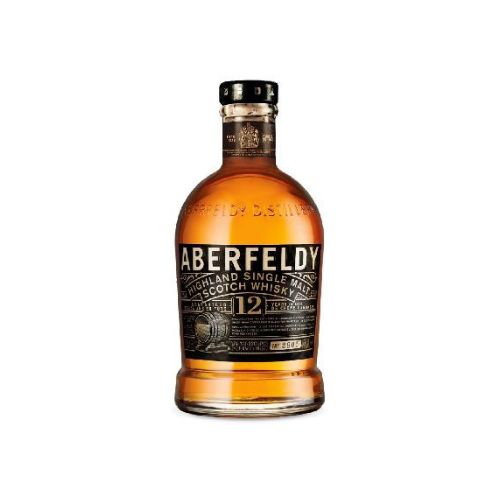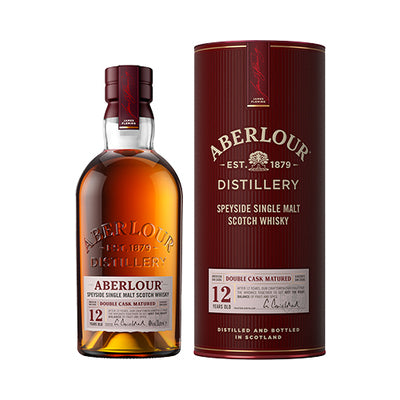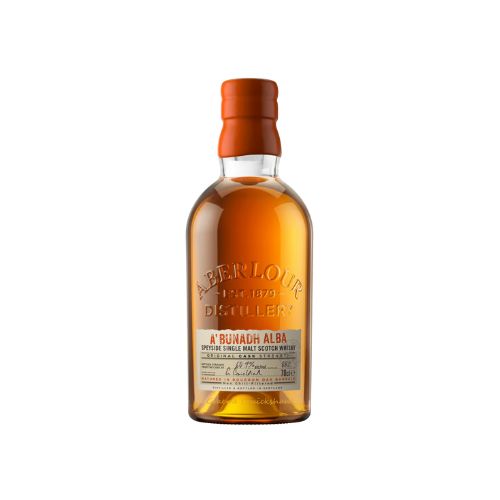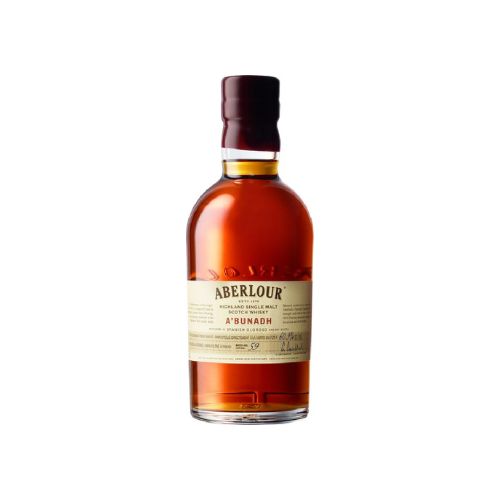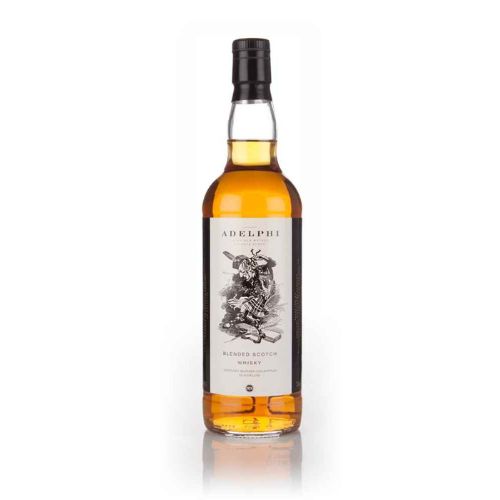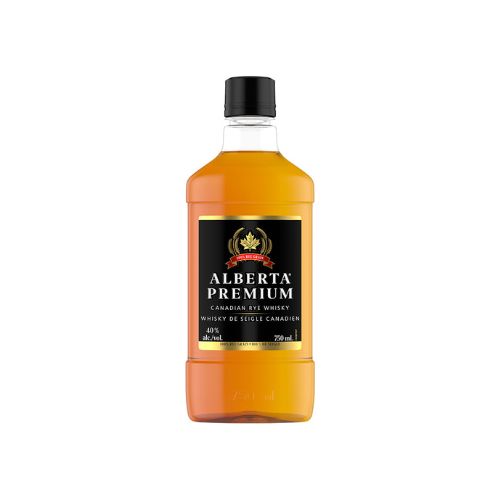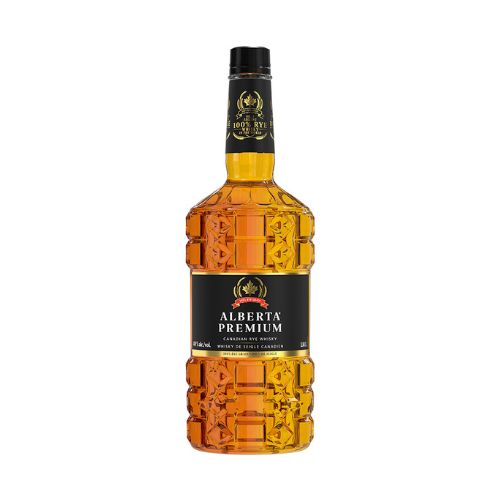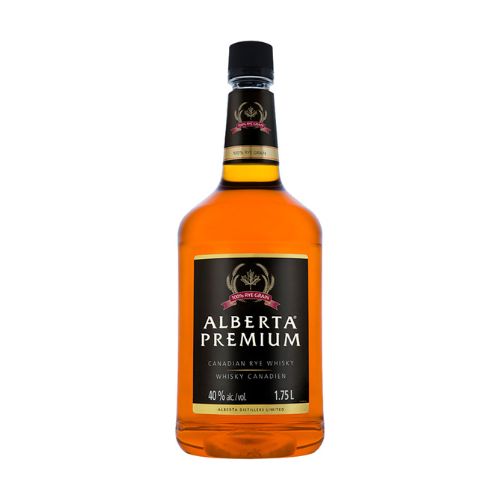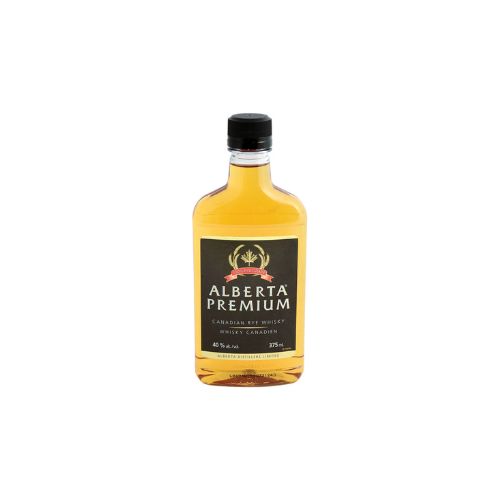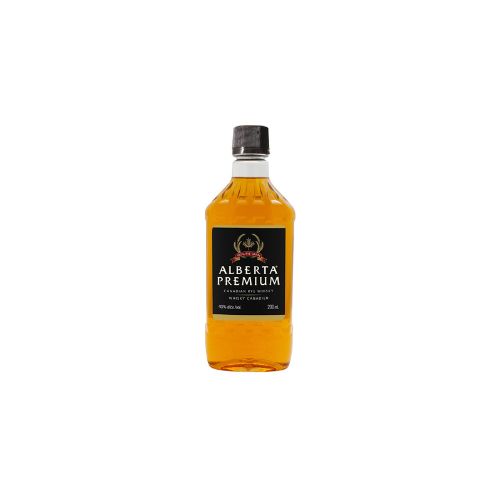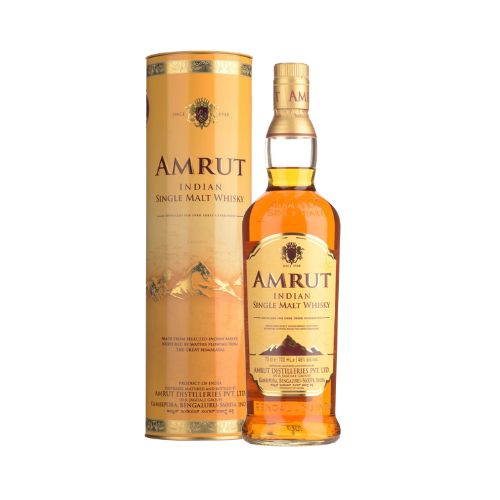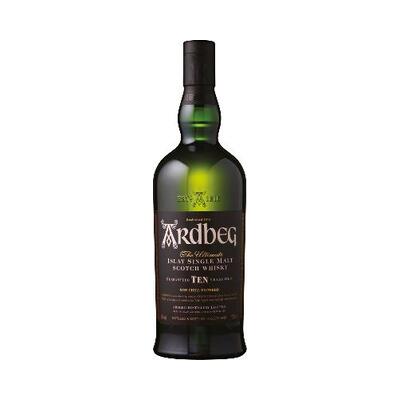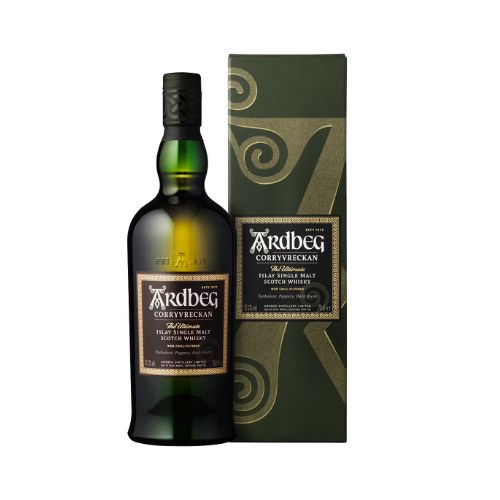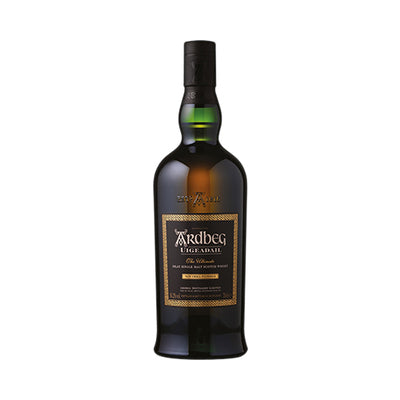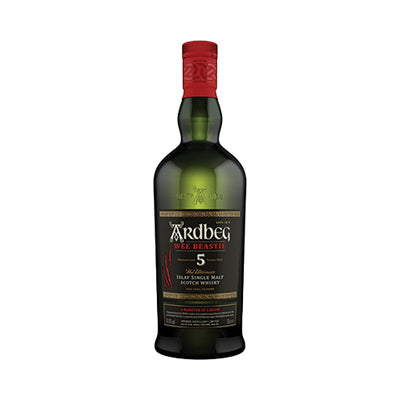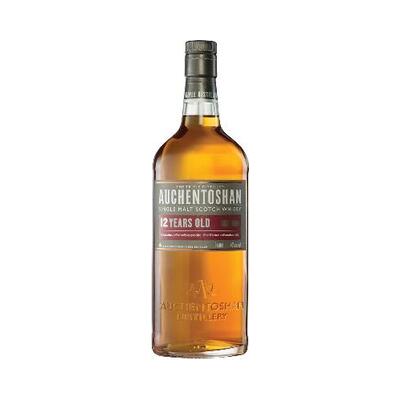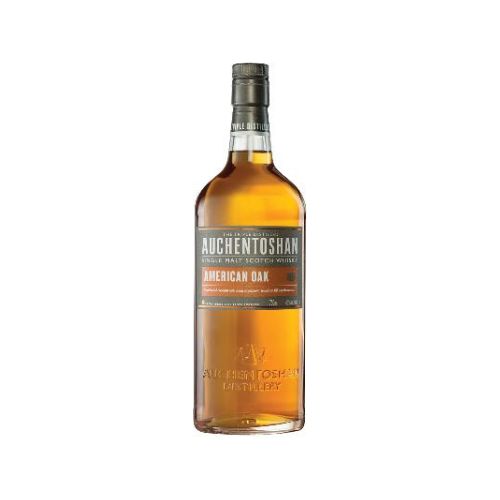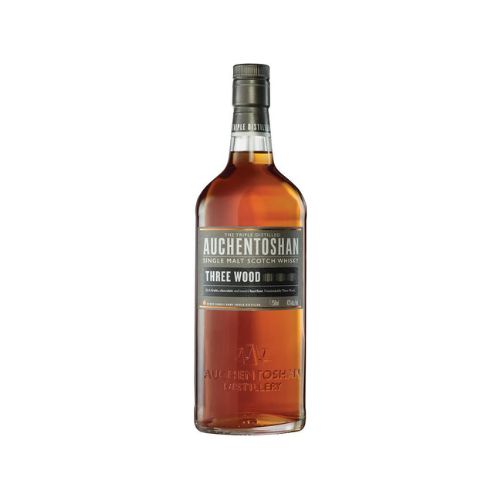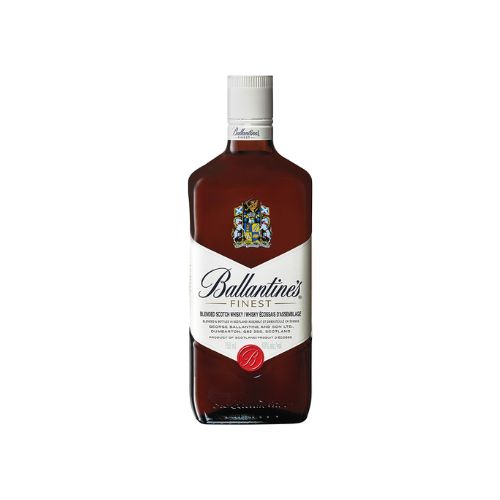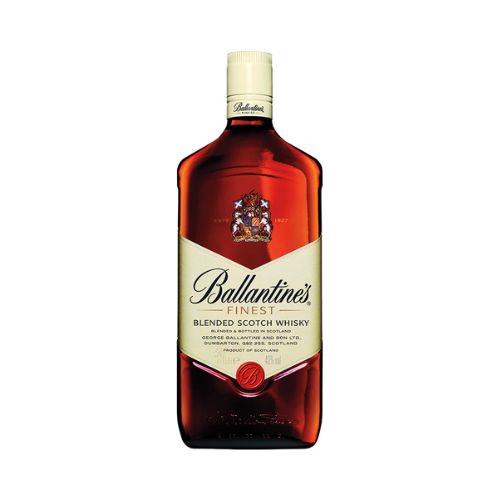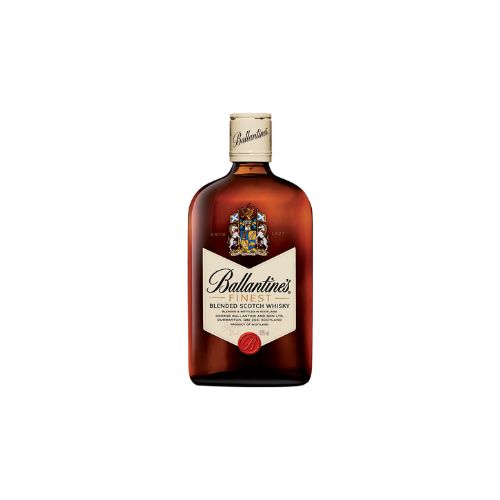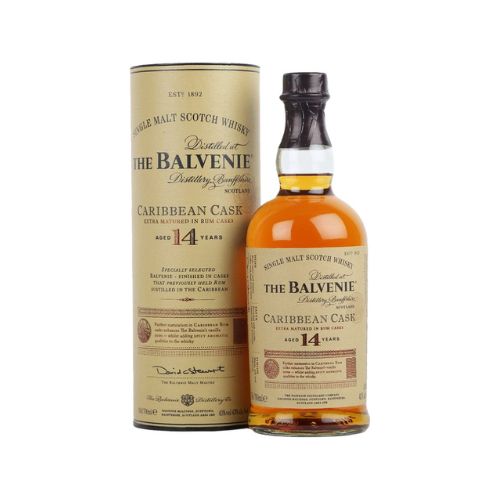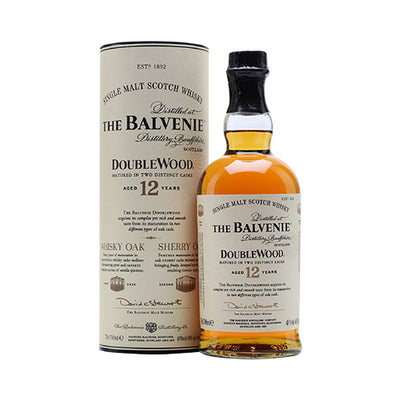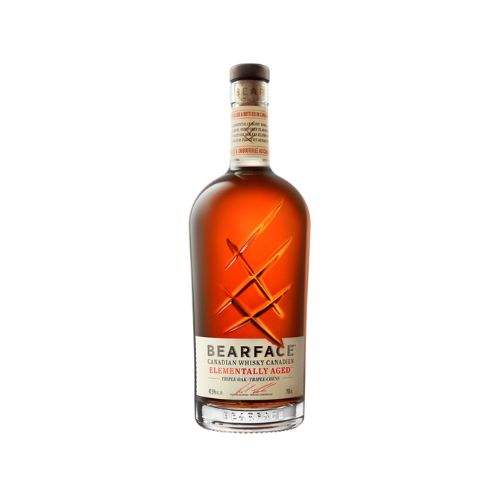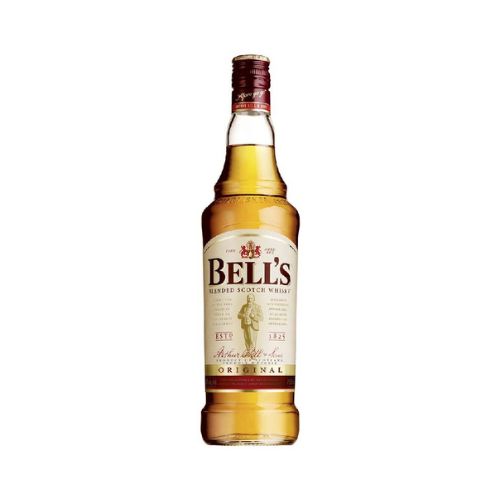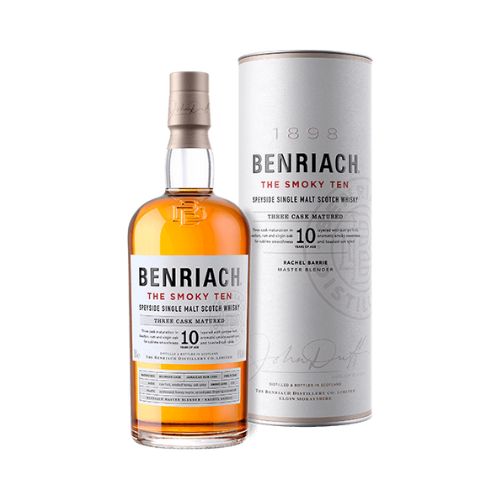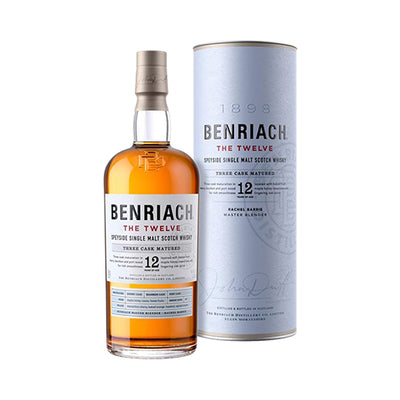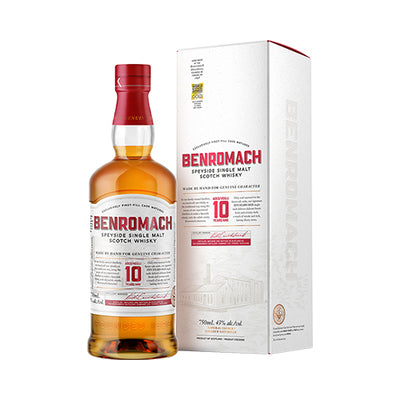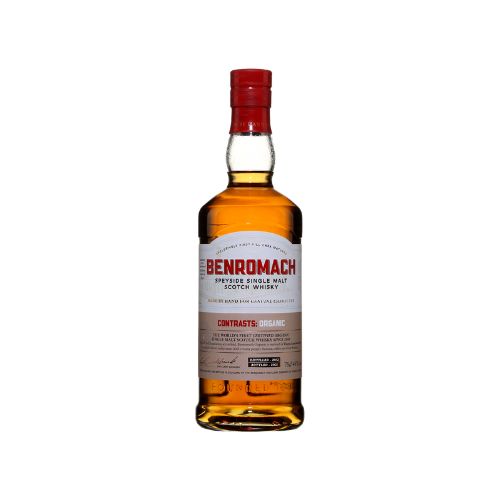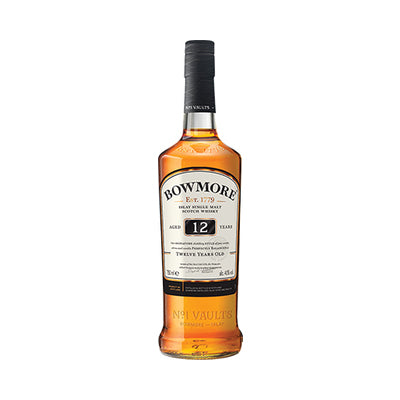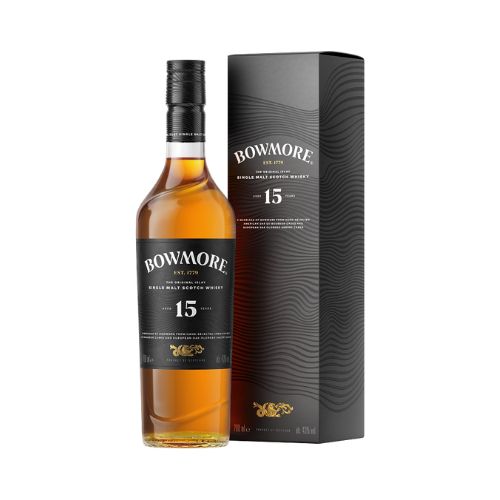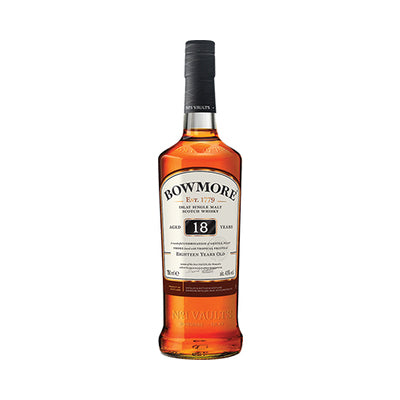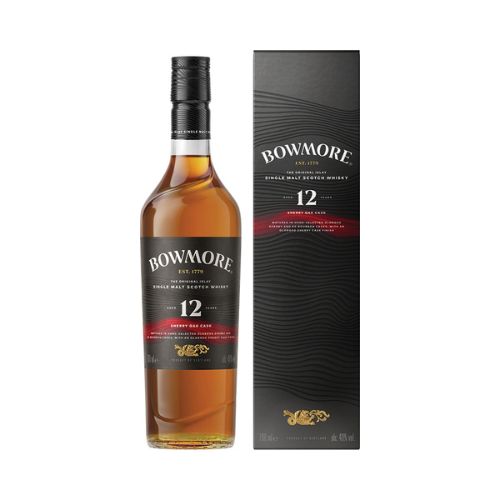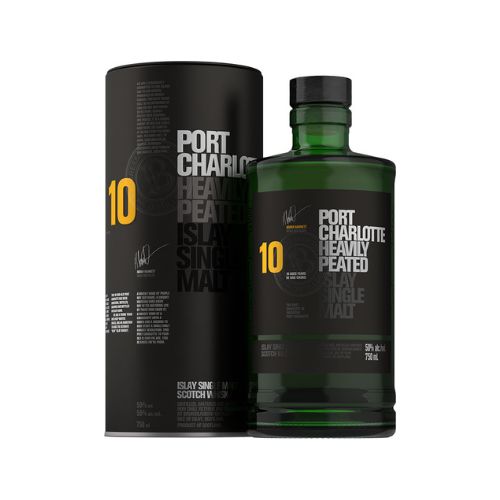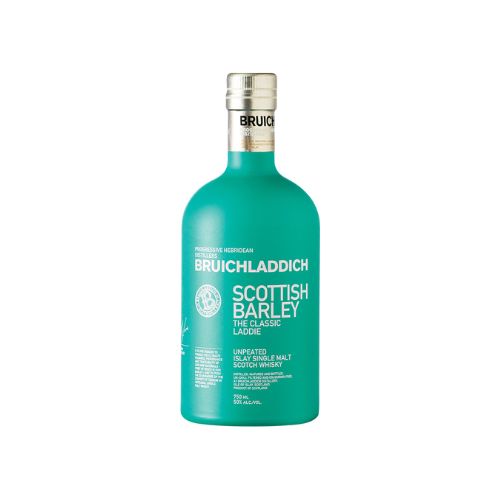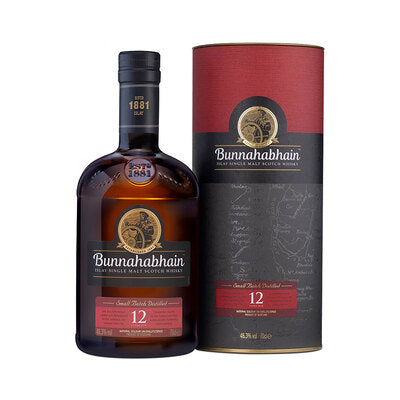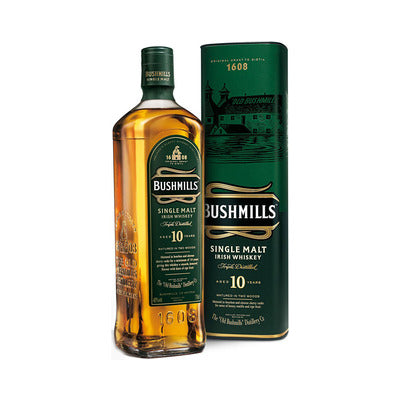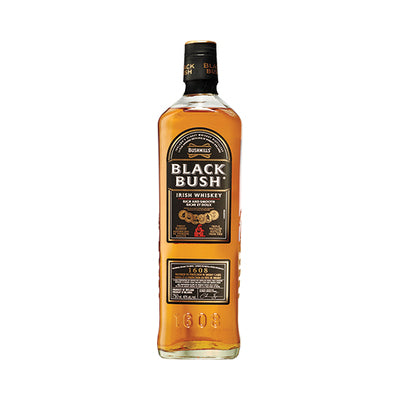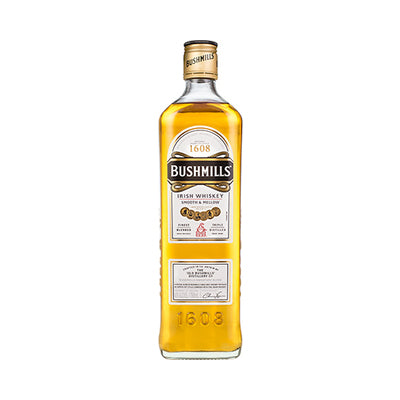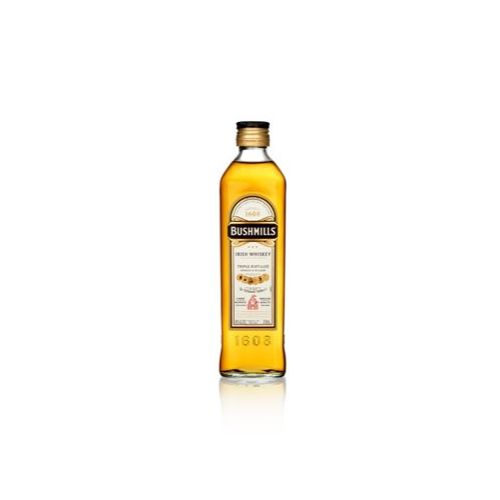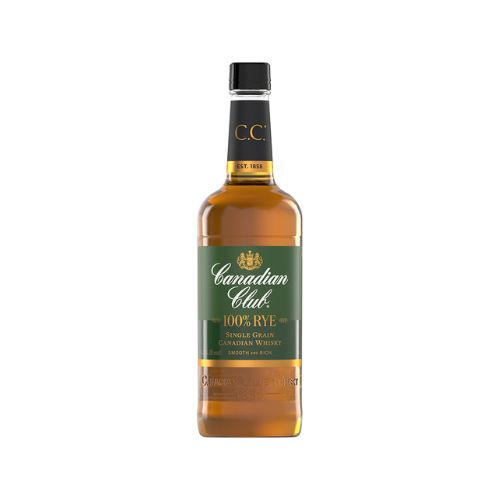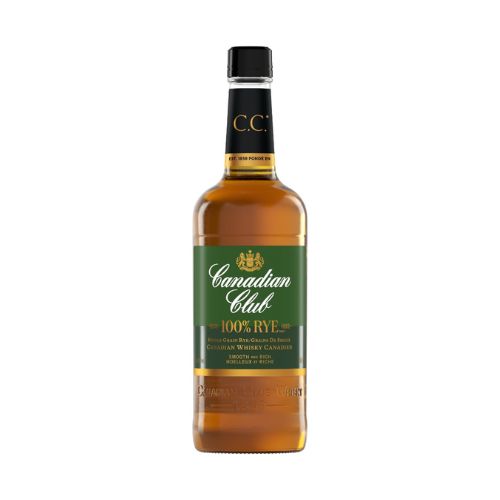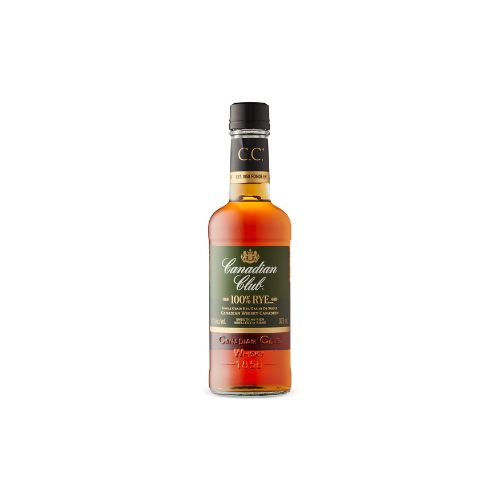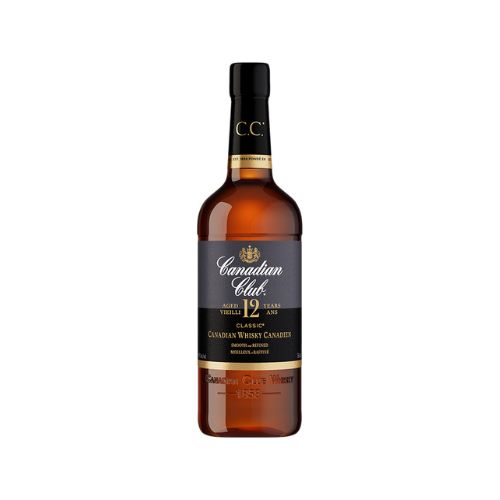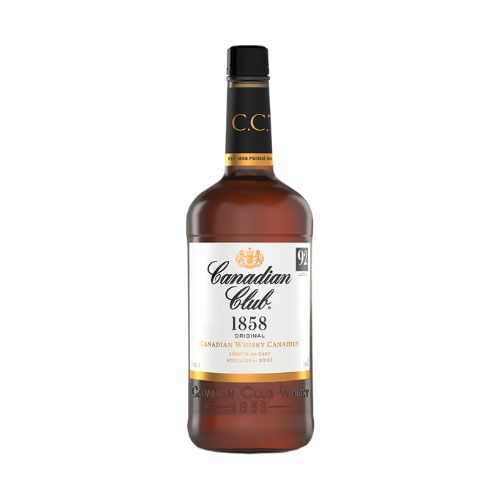Whisky
Filters
200 products
Aberfeldy - 12 Year Old Single Malt Scotch
Sale price$64.99
Regular price$69.99
Aberlour - 12 Year Old Double Cask Single Malt Scotch
Sale price$89.99
Aberlour - A'Bunadh Alba Single Malt Scotch
Sale price$154.99
Aberlour - A'Bunadh Single Malt Scotch
Sale price$159.99
Regular price$169.99
Adelphi - Blended Scotch
Sale price$49.99
Alberta Premium - Rye Whisky
Sale price$22.49
Regular price$23.99
Alberta Premium - Rye Whisky
Sale price$33.99
Regular price$35.99
Alberta Premium - Rye Whisky
Sale price$52.49
Regular price$54.99
Alberta Premium - Rye Whisky
Sale price$12.99
Alberta Premium - Rye Whisky (200ml)
Sale price$6.99
Amrut - Single Malt Indian Whisky
Sale price$99.99
Ardbeg - 10 Year Old Single Malt Scotch
Sale price$104.99
Regular price$109.99
Ardbeg - Corrryvreckan Single Malt Scotch
Sale price$199.99
Ardbeg - Uigeadail Single Malt Scotch
Sale price$154.99
Ardbeg - Wee Beastie 5 Year Old Single Malt Scotch
Sale price$79.99
Auchentoshan - 12 Year Old Single Malt Scotch
Sale price$57.99
Regular price$61.99
Auchentoshan - American Oak Single Malt Scotch
Sale price$59.99
Regular price$63.99
Auchentoshan - Three Wood Single Malt Scotch
Sale price$69.99
Regular price$74.99
Ballantine's - Finest Blended Scotch
Sale price$31.99
Ballantine's - Finest Blended Scotch
Sale price$44.99
Ballantine's - Finest Blended Scotch
Sale price$17.99
Balvenie - Caribbean Cask 14 Year Old Single Malt Scotch
Sale price$164.99
Balvenie - Double Wood 12 Year Old Single Malt Scotch
Sale price$119.99
Basil Hayden's - Bourbon (375ml)
Sale price$39.99
Bearface - Elementally Aged Triple Oak Whisky
Sale price$37.49
Regular price$39.99
Bell's - Extra Special Blended Scotch
Sale price$25.99
BenRiach - The Smoky Ten 10 Year Old Single Malt Scotch
Sale price$109.99
BenRiach - The Twelve 12 Year Old Single Malt Scotch
Sale price$109.99
Benromach - 10 Year Old Single Malt
Sale price$74.99
Benromach - Contrasts: Organic Single Malt Scotch
Sale price$94.99
Bowmore - 12 Year Old Single Malt Scotch
Sale price$64.99
Regular price$69.99
Bowmore - 15 Year Old Single Malt Scotch
Sale price$119.99
Bowmore - 18 Year Old Single Malt Scotch
Sale price$199.99
Regular price$214.99
Bowmore - Sherry Cask 12 Year Old Single Malt Scotch
Sale price$89.99
Bruichladdich - Port Charlotte 10 Year Old Single Malt Scotch
Sale price$109.99
Bunnahabhain - 12 Year Old Single Malt Scotch
Sale price$104.99
Bushmills - 10 Year Old Single Malt Irish Whiskey
Sale price$52.99
Regular price$55.99
Bushmills - Black Bush Irish Whiskey
Sale price$38.99
Regular price$42.99
Bushmills - Triple Distilled Irish Whiskey
Sale price$37.99
Bushmills - Triple Distilled Irish Whiskey
Sale price$19.99
Canadian Club - 100% Rye Whisky
Sale price$25.99
Regular price$27.99
Canadian Club - 100% Rye Whisky
Sale price$36.99
Regular price$39.99
Canadian Club - 100% Rye Whisky
Sale price$15.99
Regular price$16.99
Canadian Club - Classic 12 Year Old Whisky
Sale price$35.99
Regular price$37.99
Canadian Club - Whisky
Sale price$33.99
Regular price$36.99

